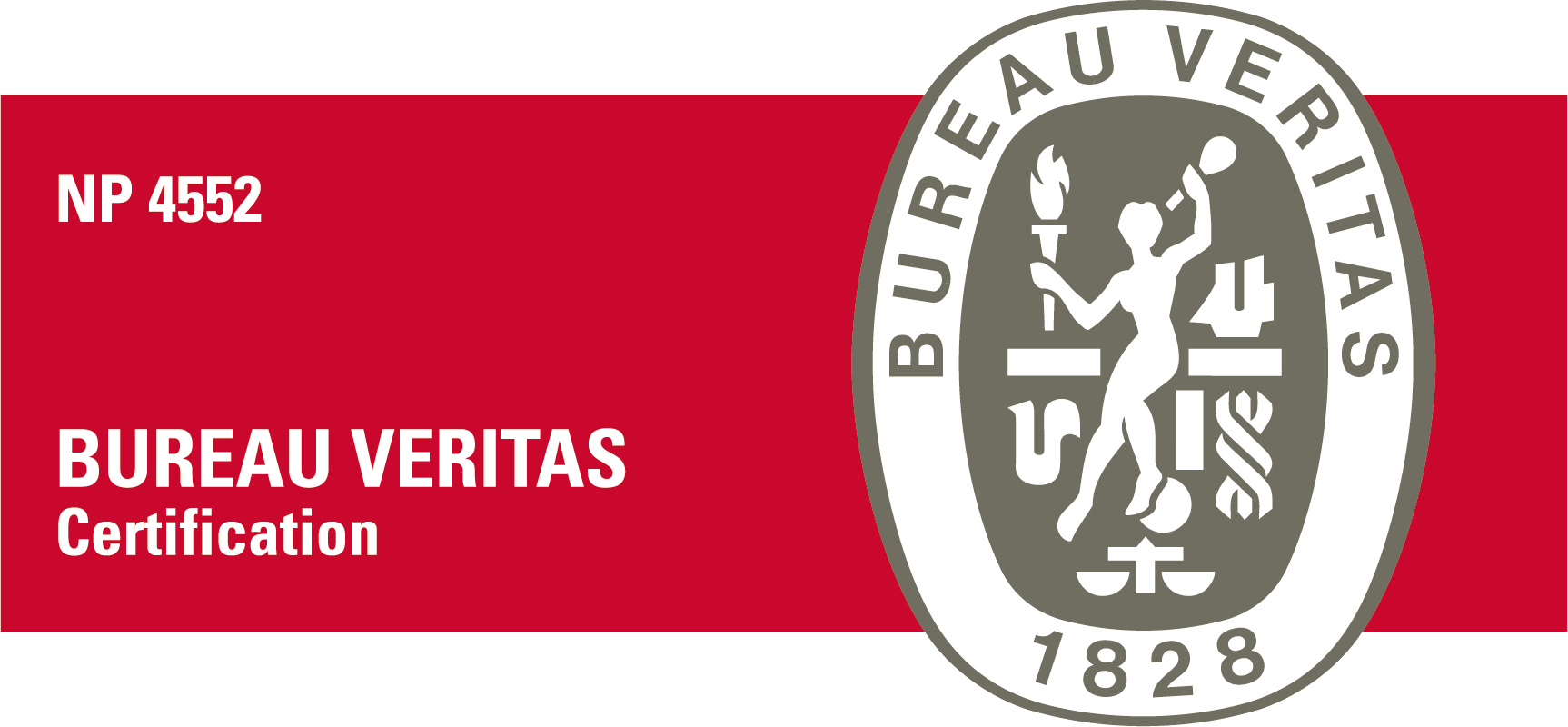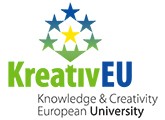


Provide a solid scientific, technological and social learning, supported by a programme and courses that includes contact with real situations and experiences. This cycle of studies is based on the development of a diverse set of skills and competencies that permits excellent career opportunities and pursue master studies.
DGES Registration No.: R/A-Ef 637/2011
DGES Registration Date: 18/03/2011
ECTS: 180
Location: Tomar.
Process No.: ACEF/1819/0220592
Accreditation Term: 6 anos
Publication Date: 01/06/2020
A3ES Deliberation
General objectives of the programme
On completion of the bachelor's degree in Business Administration graduates should have developed the skills that will allow them to be active managers and entrepreneurs, be able to carry out a dynamic integrated analysis of organisational environments and take well-grounded decisions making use of BA tools and techniques.
According to the Bologna framework, the bachelor’s degree in Business Administration builds on secondary school, postsecondary school and non-degree HE qualifications and provides students with human, cultural, scientific and technical training. This degree programme provides general, multidisciplinary expertise in Administration that will enable the students to enter the labour market and perform technical and administration duties in businesses/organizations in a wide range of areas such as financial, accounting/bookkeeping, auditing, marketing, logistics and human resources. Graduates will also be able to set up their own business.
Learning aims/outcomes (knowledge, skills and competencies to be developed by the students).
The students are expected to learn theoretical concepts of management and administration that are consistent with corporate practices in areas such as accounting, finance, marketing, strategy and logistics benefiting from broader concepts of economy, law, psychology, mathematics and computing.
Teaching methods are dynamic and include: individual and group assignments, case solving, tests, presentations and discussions, field trips, seminars, on-the-job training and reports. Students will be equipped with a range of skills such as effective communication (oral and written), listening and making oneself heard, collecting, selecting, interpreting and using information, critical analysis, create and solve problems, make decisions, and specially entrepreneurial skills such as creativity, innovation, leadership, negotiation and teamwork.
Insertion of the academic programme in the institutional training strategy in line with theinstituion's mission
The goals set for the Business Administration programme are in line with the mission and objectives of the Instituto Politécnico de Tomar (IPT) and the Escola Superior de Gestão de Tomar (ESGT) to which it belongs.
As a polytechnic higher institution in the European Higher Education Area, the IPT offers undergraduate and graduate training producing useful knowledge and developing a range of skills, abilities and competencies to prepare its students to enter the labour market and become engaged citizens in a democratic society.
The ESGT aims mainly to deliver middle and advanced business managers and offer a practice-oriented and student-centred learning approach that focuses on cooperation with the industry, both through the practical coursework developed throughout the programme and the end-of-year internships/placements. This is intended to get students closer to the reality of the working world, facilitate their insertion in the labour market and contribute to develop the region in which the IPT operates and the country in general.
The strategic goals of IPT and the ESGT include: promoting entrepreneurship and graduate employability; developing research and knowledge transfer; consolidating and expanding the links of the ESGT with the local environment and promoting the internationalization of education and training.
On completion of the bachelor's degree in Business Administration graduates should have developed the skills that will allow them to be active managers and entrepreneurs, be able to carry out a dynamic integrated analysis of organisational environments and take well-grounded decisions making use of BA tools and techniques. The programme is in line and contributes to the mission and goals of the institution to which it belongs.Graduates in Business Administration should be able to occupy key positions in the SMEs within divisions such as clerical, accounting, financial, commercial, human resources and management. They will also be prepared to occupy leading positions in medium and large enterprises. Graduates from this programme are equipped to join governmental organisations or not-for-profit organisations.
The Bachelor’s Degree in Business Administration is recognised for membership of the Economists Association (Ordem dos Economistas) and the Association of Certified Accountants (Ordem dos Contabilistas Certificados). Application to this latter association requires a pass in 3 course modules of the bachelor’s degree in Accounting or of the master’s degree in Auditing and Finance taught at the ESGT.
Publication in the Diário da República: RCC 01/04/2011 [DR.7678/2011 26.05.2011]
| Cód. | UC | Area | ECTS | Lecturer | |
|---|---|---|---|---|---|
| Obg. | Opt. | ||||
| 1º Semestre | |||||
| 9152104 | Computing and Management | Tecnologias da Informação e Comunicação | 6 | ||
| 9152204 | Computing for Business | Tecnologias da Informação e Comunicação | 6 | ||
| 9152103 | Economics | Economia | 6 | ||
| 9152203 | Economics | Economia | 6 | ||
| 9152105 | Financial Accounting I | Contabilidade | 6 | ||
| 9152205 | Financial Accounting I | Contabilidade | 6 | ||
| 9152102 | Introduction to Business Administration | Gestão | 6 | ||
| 9152202 | Introduction to Business Administration | Gestão | 6 | ||
| 9152101 | Mathematics I | Matemática | 6 | ||
| 9152201 | Mathematics I | Matemática | 6 | ||
| 2º Semestre | |||||
| 9152108 | Financial Accounting II | Contabilidade | 6 | ||
| 9152208 | Financial Accounting II | Contabilidade | 6 | ||
| 9152110 | Introduction to Law | Direito | 4 | ||
| 9152210 | Introduction to Law | Direito | 4 | ||
| 9152111 | Management Models | Gestão | 5 | ||
| 9152211 | Management Models | Gestão | 5 | ||
| 9152107 | Mathematics II | Matemática | 6 | ||
| 9152207 | Mathematics II | Matemática | 6 | ||
| 9152109 | Statistics I | Matemática | 4 | ||
| 9152209 | Statistics I | Matemática | 4 | ||
| 9152116 | Taxation I | Contabilidade | 5 | ||
| 9152216 | Taxation I | Contabilidade | 5 | ||
| Cód. | UC | Area | ECTS | Lecturer | |
|---|---|---|---|---|---|
| Obr. | Opt. | ||||
| 1º Semestre | |||||
| 9152114 | Corporate Law | Direito | 5 | ||
| 9152214 | Corporate Law | Direito | 5 | ||
| 9152136 | Financial Analysis | Finanças | 5 | ||
| 9152236 | Financial Analysis | Finanças | 5 | ||
| 9152113 | Financial Calculus | Finanças | 5 | ||
| 9152213 | Financial Calculus | Finanças | 5 | ||
| 9152112 | Management Accounting I | Contabilidade | 6 | ||
| 9152212 | Management Accounting I | Contabilidade | 6 | ||
| 9152117 | Statistics II | Matemática | 4 | ||
| 9152217 | Statistics II | Matemática | 4 | ||
| 9152120 | Taxation II | Contabilidade | 5 | ||
| 9152220 | Taxation II | Contabilidade | 5 | ||
| 2º Semestre | |||||
| 9152223 | Advanced Financial Accounting | Contabilidade | 6 | ||
| 9152238 | Corporate Finance | Finanças | 6 | ||
| 9152138 | Corporate Finance I | Finanças | 6 | ||
| 9152119 | Human Resources Management | Recursos Humanos | 6 | ||
| 9152219 | Human Resources Management | Recursos Humanos | 6 | ||
| 9152118 | Managament Accounting II | Contabilidade | 6 | ||
| 9152218 | Management Accounting | Contabilidade | 6 | ||
| 9152137 | Marketing | Marketing | 6 | ||
| 9152237 | Marketing | Marketing | 6 | ||
| 9152127 | Production and Operations | Gestão | 6 | ||
| Cód. | UC | Area | ECTS | Lecturer | |
|---|---|---|---|---|---|
| Obr. | Opt. | ||||
| 1º Semestre | |||||
| 9152234 | Advanced Financial Topics | Finanças | 5 | ||
| 9152133 | Auditing | Contabilidade | 5 | ||
| 9152233 | Auditing | Contabilidade | 5 | ||
| 9152121 | Corporate Communication and Negotiation | Marketing | 5 | ||
| 9152221 | Corporate Communication and Negotiation | Marketing | 5 | ||
| 9152139 | Corporate Finance II | Finanças | 4 | ||
| 9152126 | Entrepreneurship | Gestão | 6 | ||
| 9152235 | Financial Markets | Finanças | 5 | ||
| 9152124 | Management Control System | Gestão | 5 | ||
| 9152224 | Management Control System | Gestão | 5 | ||
| 9152125 | Strategic Planning | Gestão | 5 | ||
| 9152225 | Strategic Planning | Gestão | 5 | ||
| 2º Semestre | |||||
| 9152229 | Applied Financial Project | Finanças | 7 | ||
| 9152129 | Business Project | Gestão | 8 | ||
| 9152228 | Decision-Making Support Systems | Tecnologias da Informação e Comunicação | 4 | ||
| 9152128 | Distribution and Logistics | Gestão | 5 | ||
| 9152230 | Investments | Finanças | 5 | ||
| 9152132 | Labour Law | Direito | 4 | ||
| 9152232 | Labour Law | Direito | 4 | ||
| 9152134 | Leadership | Recursos Humanos | 3 | ||
| 9152140 | Placement/Internship | Gestão | 10 | ||
| 9152240 | Placement/Internship | Finanças | 10 | ||
Publication in the Diário da República: Despacho nº 3393/2016 - 04/03/2016
| Cód. | UC | Area | ECTS | Lecturer | |
|---|---|---|---|---|---|
| Obg. | Opt. | ||||
| 1º Semestre | |||||
| 915232 | Economics I | Economia | 6 | Sérgio Nunes (1)(2) |
|
| 915234 | Financial Accounting I | Contabilidade | 6 | José Farinha (1)(2) |
|
| 915235 | Information Technology for Management | Tecnologias da Informação e Comunicação | 6 | José Ribeiro Mendes (1)(2) |
|
| 915231 | Introduction to Business Administration | Gestão | 6 | Jorge Simões (1)(2) |
|
| 915233 | Mathematics I | Matemática | 6 | Helena Monteiro (2) Cristina Costa (2) Ana Nata (1)(2) |
|
| 2º Semestre | |||||
| 915237 | Economics II | Economia | 4 | Sérgio Nunes (1)(2) |
|
| 915239 | Financial Accounting II | Contabilidade | 6 | José Farinha (1)(2) |
|
| 915236 | Introduction to Law | Direito | 4 | Paula Almeida (1)(2) |
|
| 915238 | Mathematics II | Matemática | 6 | Ana Nata (1)(2) |
|
| 9152310 | Statistics | Matemática | 5 | Manuela Fernandes (1)(2) |
|
| 9152311 | Taxation I | Contabilidade | 5 | Arlindo Dinis (1)(2) |
|
| Cód. | UC | Area | ECTS | Lecturer | |
|---|---|---|---|---|---|
| Obr. | Opt. | ||||
| 1º Semestre | |||||
| 9152317 | Corporate Law | Direito | 5 | Cláudia Sousa Rosa (1)(2) |
|
| 9152316 | Financial Analysis | Finanças | 5 | José Pinheiro Nogueira (1)(2) |
|
| 9152314 | Financial Calculus | Finanças | 5 | Luís Francisco (1)(2) |
|
| 9152312 | Management Accounting I | Contabilidade | 6 | Pedro Marques (1)(2) |
|
| 9152315 | Strategic Marketing | Marketing | 4 | Fátima Pedro (1)(2) |
|
| 9152313 | Taxation II | Contabilidade | 5 | Arlindo Dinis (1)(2) |
|
| 2º Semestre | |||||
| 9152320 | Financial Management I | Finanças | 5 | Luís Francisco (1)(2) |
|
| 9152322 | Human Resource Management | Recursos Humanos | 5 | Graciete Honrado (1)(2) |
|
| 9152318 | Management Accounting II | Contabilidade | 6 | Pedro Marques (1)(2) |
|
| 9152323 | Operational Management | Gestão | 5 | José Pinheiro Nogueira (1)(2) |
|
| 9152321 | Operational Marketing | Marketing | 5 | Fátima Pedro (1)(2) |
|
| 9152319 | Organisational Models | Gestão | 4 | António Ferreira (1)(2) |
|
| Cód. | UC | Area | ECTS | Lecturer | |
|---|---|---|---|---|---|
| Obr. | Opt. | ||||
| 1º Semestre | |||||
| 9152337 | QAC: G/C/F/M/D/MK/E/RH/TIC | 5 | |||
| 9152328 | Corporate Communication | Marketing | 5 | Fátima Pedro (1)(2) |
|
| 9152325 | Corporate Strategy | Gestão | 4 | António Ferreira (1)(2) |
|
| 9152326 | Entrepreneurship and Innovation | Gestão | 5 | José Pinheiro Nogueira (1)(2) |
|
| 9152324 | Financial Management II | Finanças | 5 | Luís Francisco (1)(2) |
|
| 9152327 | Management Control Systems | Gestão | 5 | Sílvio Silva (1)(2) |
|
| 9152330 | Seminar I | Gestão | 1 | Luís Francisco (1)(2) |
|
| 2º Semestre | |||||
| 9152338 | QAC: G/C/F/M/D/MK/E/RH/TIC | 5 | |||
| 9152332 | Audit | Contabilidade | 4 | Daniel Oliveira (1)(2) Carla Joaquim (2) |
|
| 9152331 | Business Project | Gestão | 6 | José Pinheiro Nogueira (1)(2) |
|
| 9152336 | Internship/Placement | Gestão | 10 | Luís Francisco (1)(2) |
|
| 9152333 | Leadership and Negotiation | Recursos Humanos | 4 | João Fontes da Costa (1)(2) |
|
| 9152335 | Seminar II | Gestão | 1 | Luís Francisco (1)(2) |
|
(1) Docente Responsável
(2) Docente que lecciona
Luís António Antunes Francisco
Gabinete: O217
Maria de Fátima Rodrigues Pedro
Gabinete: O210
Rosaria Luisa de Brito Moreira
Gabinete: B115

























